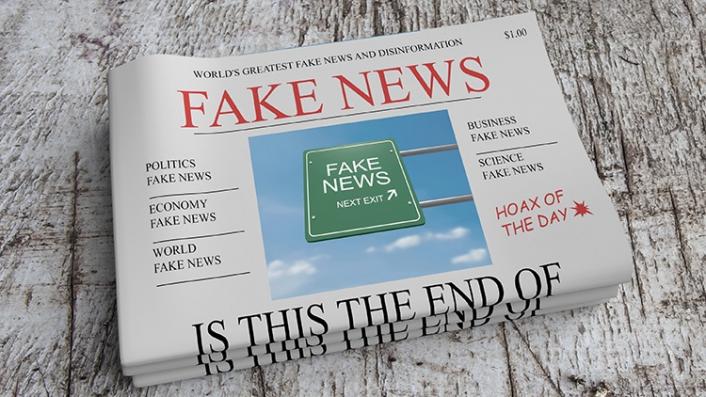 |
| China Coronavirus |
The outbreak of the coronavirus is a good example. As the numbers of people affected and dying grows daily, the amount of misinformation surrounding the outbreak expands globally. Some of the information is considered misleading and unhealthy.
News reports have begun to circulate stories about fake news and the coronavirus. This presents a ripe opportunity to use information fluency to identify fake news claims.
Many people are attracted to a possible solution known as Master Mineral Solution (aka Miracle Mineral Solution or MMS). Here's a sample copied from the testimonial page:
I was teaching a class and all of the sudden, I got a head cold ... This rushed on me like a freight train! I was miserable until evening, then I thought I would take a mega-dose of CDS that I had in the fridge. I just poared some in a glass, added some water to it, and down the hatch! I guess now, it was equal to a 6 drop dose of MMS. Within, say, 2 or 3 minutes, the "cold" left like the wind blowing a raincloud away. Clear as a bell!Before you go online to place an order--this is also touted as a cure for coronavirus--do some fact checking.
Try an investigative query like Miracle Mineral Solution coronavirus. Then examine the results:
- Are they positive or negative?
- Who is the publisher?
Now, if we had confirmation of such claims from a recognized authority, that might convince us not to try MMS. So another query is tried, taking one of the keywords commonly found in the first results: medical authority coronavirus bleach.
The first result includes this information in the snippet (abstract): "But medical authorities, including the US Food and Drugs Administration, have ..." This invites further reading. Browsing the article, clicking links on the FDA-related information, leads to this page on the fda site:
FDA warns consumers about the dangerous and potentially life threatening side effects of Miracle Mineral Solution
Here is another Red Flag. If you have students, see what other medical authorities they can find.




















